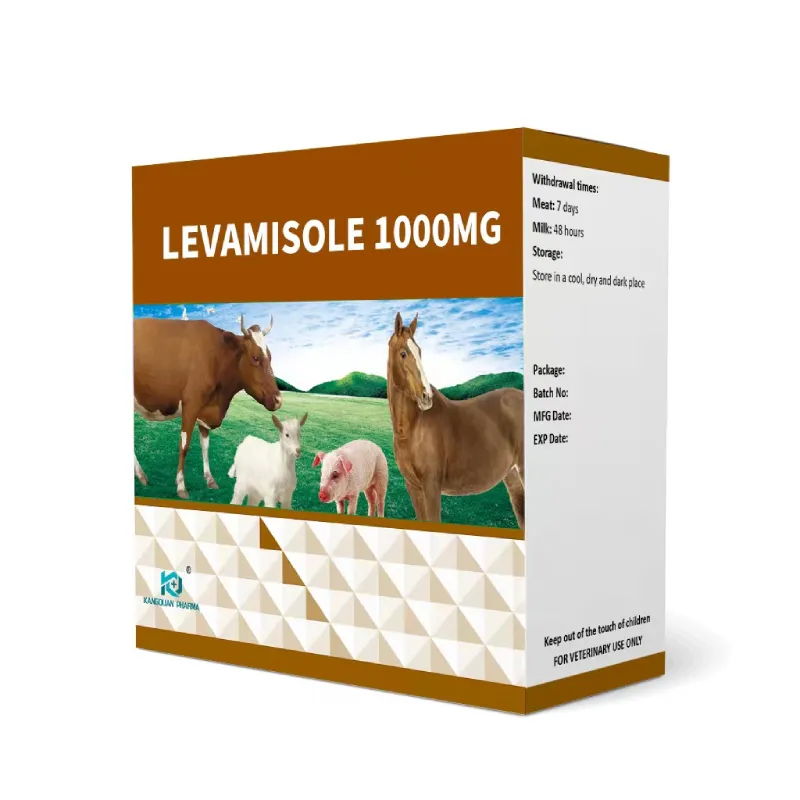- Afrikaans
- Albanian
- Amharic
- Arabic
- Armenian
- Azerbaijani
- Basque
- Belarusian
- Bengali
- Bosnian
- Bulgarian
- Catalan
- Cebuano
- Corsican
- Croatian
- Czech
- Danish
- Dutch
- English
- Esperanto
- Estonian
- Finnish
- French
- Frisian
- Galician
- Georgian
- German
- Greek
- Gujarati
- Haitian Creole
- hausa
- hawaiian
- Hebrew
- Hindi
- Miao
- Hungarian
- Icelandic
- igbo
- Indonesian
- irish
- Italian
- Japanese
- Javanese
- Kannada
- kazakh
- Khmer
- Rwandese
- Korean
- Kurdish
- Kyrgyz
- Lao
- Latin
- Latvian
- Lithuanian
- Luxembourgish
- Macedonian
- Malgashi
- Malay
- Malayalam
- Maltese
- Maori
- Marathi
- Mongolian
- Myanmar
- Nepali
- Norwegian
- Norwegian
- Occitan
- Pashto
- Persian
- Polish
- Portuguese
- Punjabi
- Romanian
- Russian
- Samoan
- Scottish Gaelic
- Serbian
- Sesotho
- Shona
- Sindhi
- Sinhala
- Slovak
- Slovenian
- Somali
- Spanish
- Sundanese
- Swahili
- Swedish
- Tagalog
- Tajik
- Tamil
- Tatar
- Telugu
- Thai
- Turkish
- Turkmen
- Ukrainian
- Urdu
- Uighur
- Uzbek
- Vietnamese
- Welsh
- Bantu
- Yiddish
- Yoruba
- Zulu
8 月 . 20, 2024 09:57 Back to list
Amoxicillin Injection for Veterinary Use in Animal Healthcare and Treatment Strategies
Amoxicillin Injection in Veterinary Medicine
Amoxicillin is a widely used antibiotic in veterinary medicine, primarily for its effectiveness against a broad spectrum of bacterial infections. As a member of the penicillin family, Amoxicillin works by inhibiting bacterial cell wall synthesis, ultimately leading to cell lysis and death. Its application spans various animal species, including dogs, cats, livestock, and even exotic pets, making it a versatile tool in animal healthcare.
Indications for Use
Amoxicillin injections are commonly indicated for treating bacterial infections such as skin infections, respiratory tract infections, urinary tract infections, and gastrointestinal infections in animals. It is particularly effective against Gram-positive bacteria, including Streptococcus and Staphylococcus species, and some Gram-negative bacteria, like Escherichia coli. The ability to combat a wide range of pathogens makes Amoxicillin a go-to choice for veterinarians dealing with uncomplicated infections.
Furthermore, veterinarians may choose to use Amoxicillin in combination with other antibiotics to enhance its efficacy against more resistant bacterial strains. The decision to administer Amoxicillin, whether alone or in combination, is based on a variety of factors including the specific type of infection, the species and breed of the animal, and the animal's overall health status.
Dosage and Administration
Administering Amoxicillin via injection requires careful consideration of the appropriate dosage, which varies depending on the animal's size, species, and the severity of the infection. Veterinary professionals typically determine dosages based on established guidelines and clinical judgment. The medication is often administered intramuscularly or subcutaneously, providing a quicker and more effective absorption compared to oral formulations.
amoxicillin injection veterinary

It is crucial for pet owners to follow the veterinarian's guidelines closely when administering injections. Proper handling and administration techniques can minimize the risk of injection site reactions and ensure that the medication enters the bloodstream efficiently. Additionally, veterinarians will often recommend follow-up appointments to monitor the animal's response to treatment and to make adjustments if necessary.
Side Effects and Precautions
While Amoxicillin is generally well-tolerated by most animals, there are some potential side effects that pet owners should be aware of. Common side effects may include gastrointestinal upset, such as vomiting or diarrhea, particularly when the medication is first introduced. Allergic reactions, although rare, can occur, leading to symptoms such as swelling, itching, or difficulty breathing. In such cases, immediate veterinary attention is essential.
Precautions should also be taken when using Amoxicillin in animals with known allergies to penicillin or related compounds. Furthermore, veterinarians may advise caution when prescribing Amoxicillin to pregnant or lactating animals, as its safety profile in these cases has not been fully established.
Conclusion
Amoxicillin injection has become a cornerstone in veterinary medicine due to its broad-spectrum antibacterial activity and relative safety. Its role in treating infections in various animal species demonstrates the importance of antibiotics in maintaining animal health. As antibiotic resistance becomes an increasing concern worldwide, it is vital for veterinarians to use this potent tool judiciously and only when necessary.
Through proper use and adherence to veterinary guidance, Amoxicillin injections can significantly enhance the health and well-being of our furry companions, ensuring they can recover from infections and lead healthy, active lives. Always consult with your veterinarian before starting any treatment, and ensure ongoing monitoring of your pet’s health throughout their recovery process.
-
The Power of Radix Isatidis Extract for Your Health and Wellness
NewsOct.29,2024
-
Neomycin Sulfate Soluble Powder: A Versatile Solution for Pet Health
NewsOct.29,2024
-
Lincomycin Hydrochloride Soluble Powder – The Essential Solution
NewsOct.29,2024
-
Garamycin Gentamicin Sulfate for Effective Infection Control
NewsOct.29,2024
-
Doxycycline Hyclate Soluble Powder: Your Antibiotic Needs
NewsOct.29,2024
-
Tilmicosin Premix: The Ultimate Solution for Poultry Health
NewsOct.29,2024













